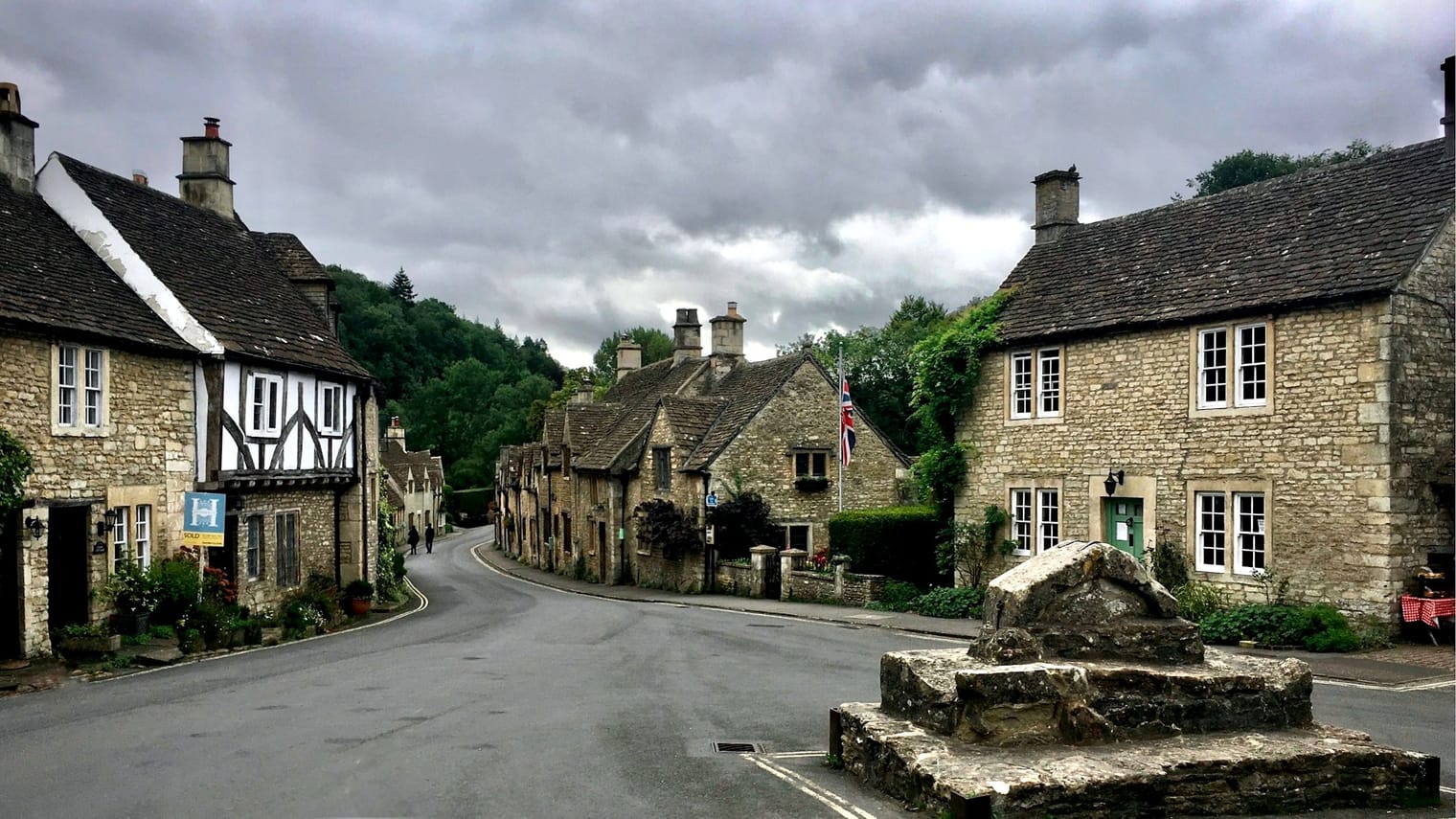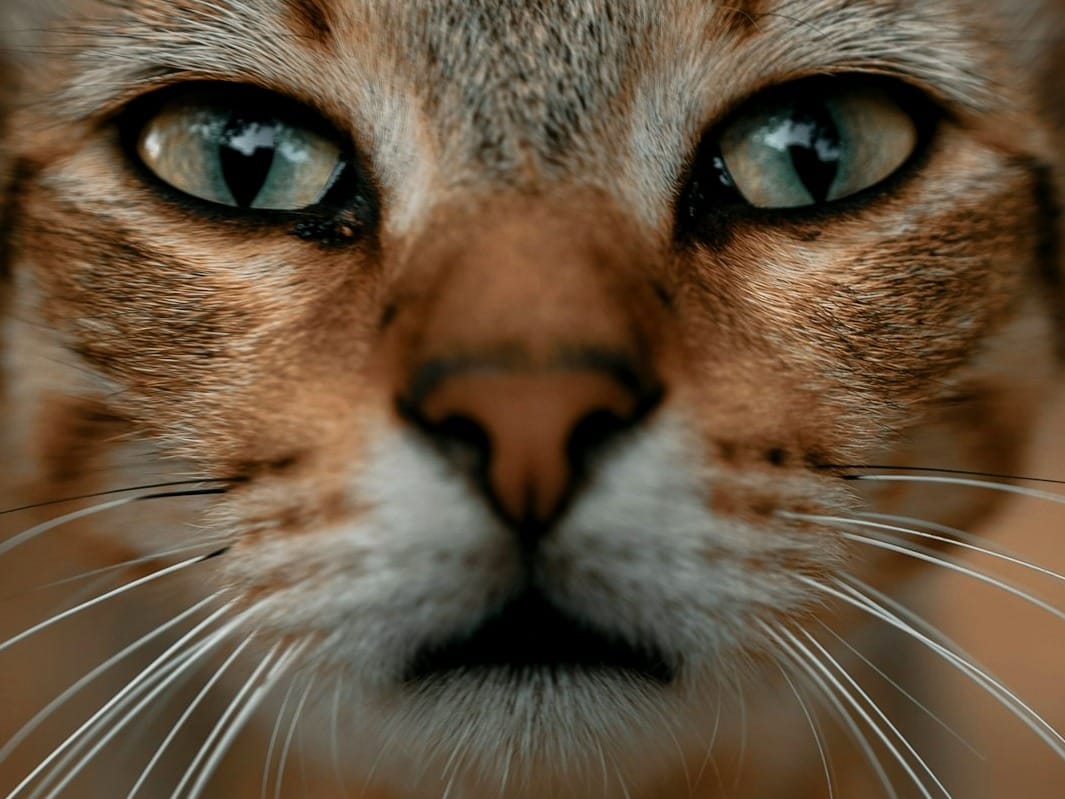There is a darkness inside of you. When you first noticed it, you were very young and the darkness merely a spot in the middle of your chest, next to your heart. You didn’t know it was a dark spot. You didn’t know it existed at all. What you did know was that you had curious interests. Interests that others didn’t seem share or did find downright strange. For example your interest in your greatgrandmother whom you hadn’t seen for years as she kept to her room and wanted to be left in peace. When you visited your grandma with your mom and your little brother, gran told your mother that her mother had passed away this morning. Nobody noticed you when you ran up the stairs. You were seven then and she was one hundred and four. You were a little scared of death but mostly you were curious. There she lay, all old and withered and dead. Eva was her name, named after the first woman on earth. And indeed she was the first woman for you. The first dead woman. Her eye balls had sunken deep into the sockets. They were closed. She lay in the same bed where she had lain for at least four years already. Next to the wooden chair with the bucket underneath were she had done her business because she couldn’t walk down the stairs anymore where the bathroom was. The blanked looked fresh and was tucked in as if to keep her warm in the cold times that awaited her body. Her hands were folded on her chest, forever locked in a last prayer. Above her hung the big cross with the very realistic Jesus figure that looked as if Jesus was hurting all the time. One of the few things you found really creepy. You couldn’t stand the sight of pain. Still can’t. But death was not pain. At least your greatgrandmother didn’t look as if she was in pain. She looked relieved, you thought. But she also looked like she wasn’t in there anymore. You wondered where she had gone and looked up to the ceiling speculating if her spirit had made it through the roof or rather escaped through the window. You were just about to touch her, to check if she was cold or stiff or maybe both. But your mother hurried up the stairs after you and took you away. It didn’t matter. You had seen what it was like.
When your bird died because you had neglected it for so long that it didn’t drink or eat anymore and you broke its neck by accident in the attempt to give it water with a pipette, you burried it in a plastic back next to the stream. You had found a wonderful place for it and were planning to plant a flower on its grave. The bird had always liked sunflower seeds when it was still alive and happy and interested in food. You thought a sunflower would be appropriate. Your father didn’t, he thought it was wrong of you to burry the bird next to the stream in the first place and made you dig it up again. Saying good-bye wasn’t as traumatizing as saying hello again. The bird’s eye stuck to the plastic bag and looked at you accusingly. Birds eyes are not closed when they die. Maybe you should have closed them for your bird as your grandmother had done for her mother. You hadn’t planned on disturbing its last resting place which turned out not to be its last resting place after all. »My father made me,« you said and »I’m sorry.« And sorry you were. Not for the bird’s death or the way you dug it up again but because of the reason why it died. It died because you had been jealous and didn’t want to share it when you first got it from the breeder. You wanted it all to yourself. Your father had told you that you should put its cage into the family room, that the bird needed company. But you did not listen. You wanted to be the bird’s only company. You wanted all its love to yourself. In the beginning it loved you and you loved it. You made it eat right out of your hand. It liked to sit on your head or on your shoulder, playing with the strands of your hair or the shiny pendant of your earring. But then life changed. It wasn’t your fault it changed. You were busy making friends at a new school and learning new stuff. You were away all the time and the bird was alone most of the time. You wanted to put it in the family room then. Your father forbid it. Maybe he wanted to teach you a lesson. It was a cruel lesson. It cost an innocent bird its only life. But you learned the lesson and carried the guilt ever since. You have never again tried to keep a living thing all to yourself. You shared dogs and cats and fish and tried not to be jealous when they seemed to love others more than you. Because you knew, they loved you, too. If they loved someone else it did not mean that they loved you any less. At least that’s what you told yourself when jealousy crept up and filled the dark spot that now, at thirteen, was as big as your heart if not bigger.
Unterstütze diesen Blog
Auf The Story to Be findest du regelmäßig Inhalte rund ums Schreiben und Selfpublishing. Um dies kostenfrei zu halten, freue ich mich über deine Unterstützung. Hier sind einige Möglichkeiten:
- Wenn dir der Blog gefällt, erzähl es weiter! Teile den Artikel gerne über Social Media oder mit deiner Schreibgruppe.
- Kaufe meine Bücher: Du findest sie auf Amazon*.
- Nutze Affiliate-Links: Klicke auf die mit Sternchen (*) gekennzeichneten Links. Wenn du etwas über einen dieser Links kaufst, erhalte ich eine kleine Provision. Für dich ändert sich am Preis nichts.
- Lass einen Kommentar da: So hilfst du mit, dass der Blog von Suchmaschinen besser platziert wird und mehr Schreibende ihn finden können.
- Spende: Unterstütze mich dauerhaft, indem du auf den Sign-up-Link klickst oder spende einmalig für diesen Artikel.
Vielen Dank für deine Unterstützung!



